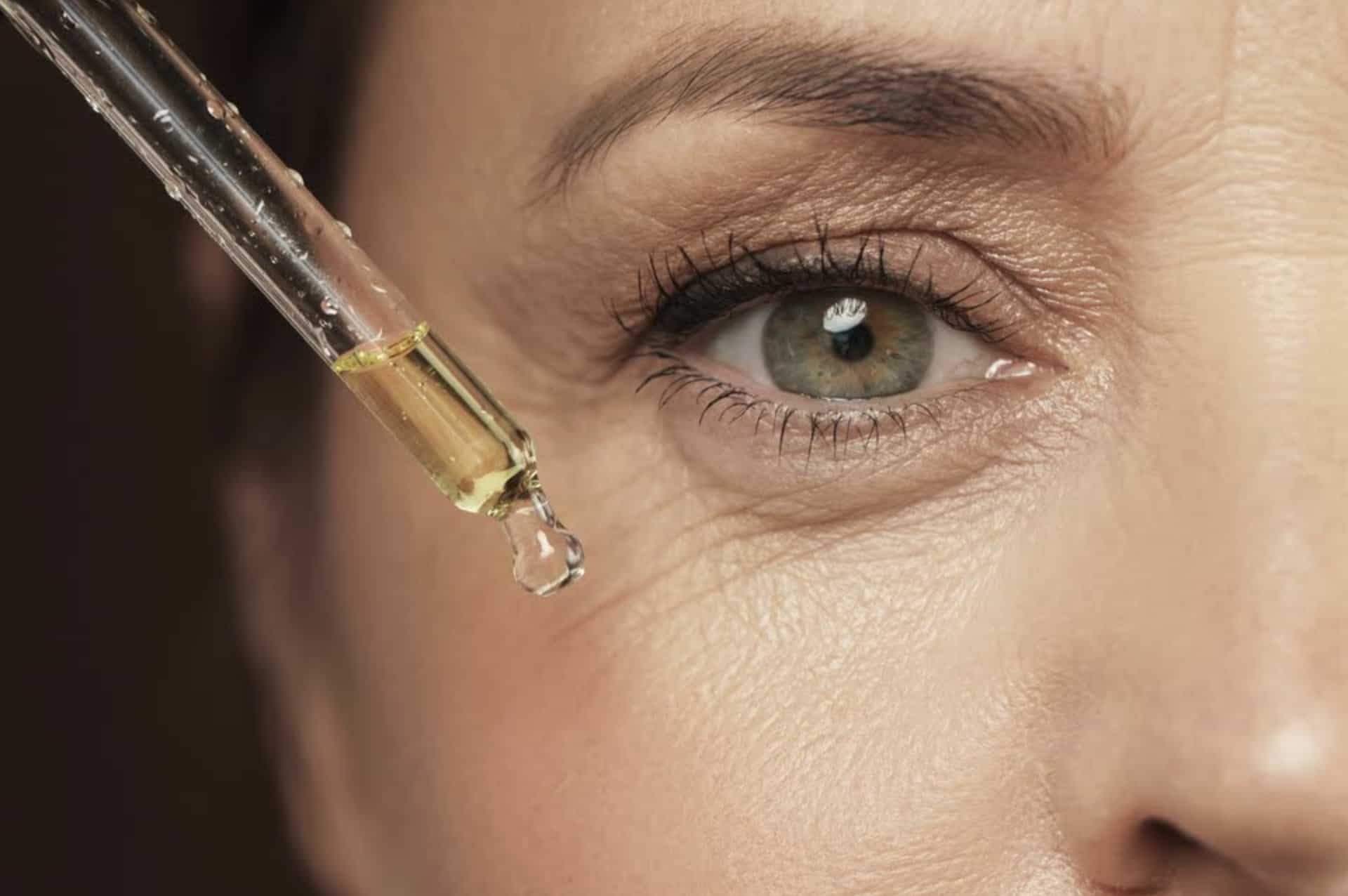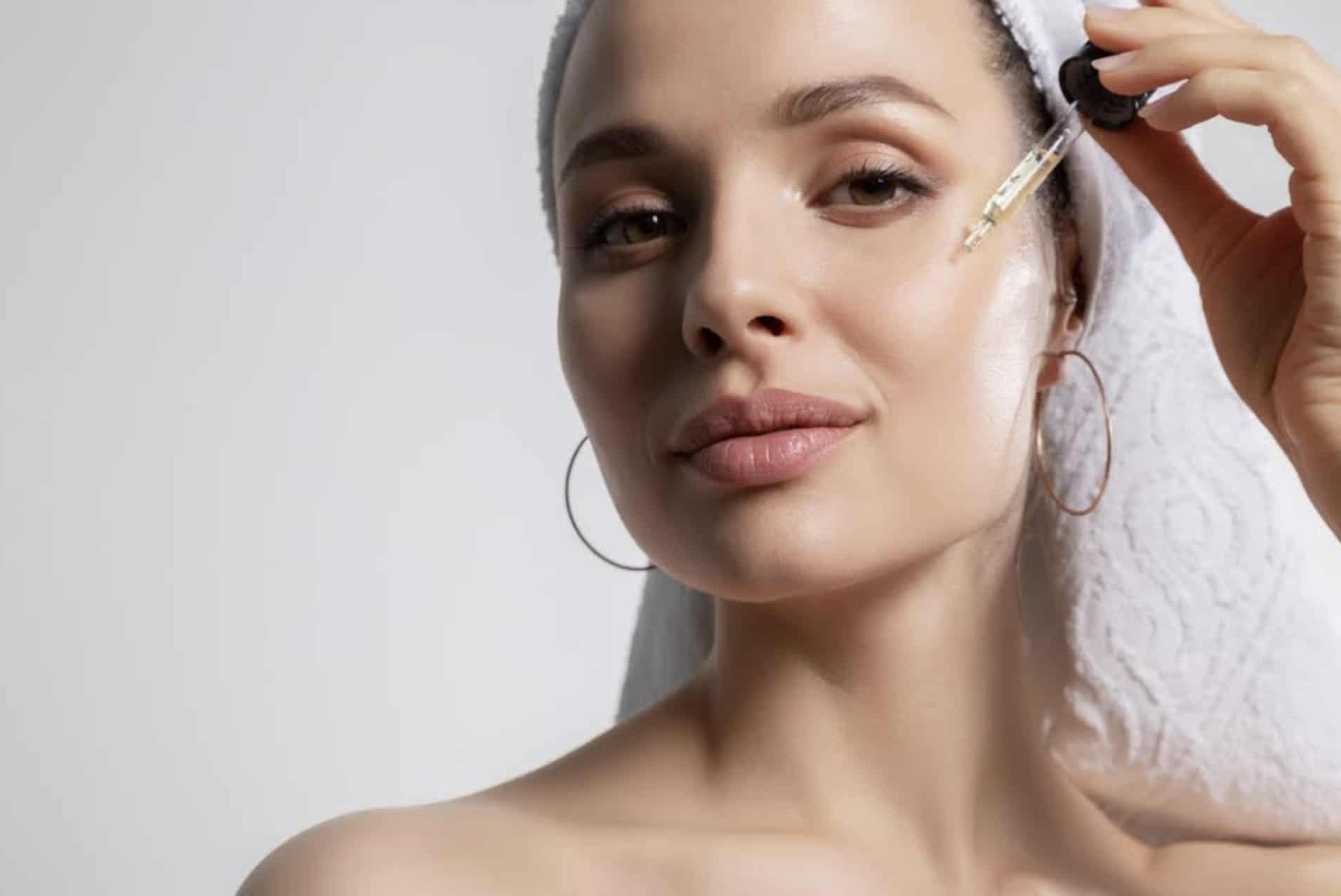The majority people will undergo a cleanse, tone, and moisturise routine each morning; however, serums have surged in popularity as of recent. With this being said, if you struggle to find a moisturiser to suit your skin, you’re in for a whole new world of difficulty when it comes to finding the right serum. In fact, serums are even more tailor formulated to target specific skin types and concerns than moisturisers. Despite this, the wide array of serums means that individuals may struggle to find the right serum for them. Otherwise, the individual may rely on trending ingredients that aren’t necessarily beneficial to their skin type.
Chapter Overview
Why Use a Serum
Although you may have heard a lot about serums, you might not necessarily know why they’re so important to your skincare routine. Quite simply, every serum has its individual strengths that are designed to combat various skincare issues; however, it’s vitally important to get right, as serum absorbs faster into the skin than moisturiser. This is due to the active ingredients that they contain that get down to business almost immediately. Due to the lightweight nature of serum, it’s relatively easy to layer into your skincare routine. It should be applied after your cleanser and before your moisturiser.
How to Pick the Right Serum
When it comes to selecting the right serum, you need to know what you require of it. In simple terms: what it does, why it does that, and whether this is meant for you.

Brightening Serums
As the name suggests, brightening serums boost your skin’s radiance, even out the tone, and reduce the likes of acne marks, dark spots, blotchiness, and hyperpigmentation. This is achieved via the hindrance of melanin production and the exfoliation of dead skin cells. Therefore, brightening serums are ideal for those who suffer from hyperpigmentation, uneven skin tone, blotchy skin, and dullness. Typically speaking, these will contain fruit acids, kojic acid, niacinamide, and vitamin C in order to achieve the desired results.
Hydrating Serums
Again, the name pretty much encapsulates the purpose of hydrating serums. Not only do they hydrate the skin themselves, but they assist other hydrators, such as oils and moisturisers. In fact, the humectant ingredients pull the moisture from hydrating products into the first layer of the skin. As a result, hydrating serums are suited to all skin types, particularly dry skin. Usually, these serums contain glycerine, snail mucin, aloe vera, and hyaluronic acid, which result in their hydration results.
Clarifying Serums
Clarifying serums are designed to treat breakouts and prevent them from appearing once again. These usually contain beta hydroxy acid, which is a type of chemical exfoliant that deep cleans the skin and controls the skin’s oil production. Clarifying serums are formulated for those with clogged pores, oily skin, and acne. This formula is created using tea tree extract, zinc, mandelic acid, salicylic acid, and niacinamide.
Antioxidant Serums
Oxidants are often caused by pollution, meaning that antioxidant serums are formulated to protect the skin from such. Oxidants can result in premature ageing and other types of skin damage, meaning that anyone should consider incorporating an antioxidant serum into their skincare routine. Despite this, those with acne prone or sensitive skin should be wary of the ingredients. These ingredients include vitamin E, ferulic acid, vitamin C, niacinamide, and green tea.
Calming Serums
Calming serums are ideal for those who suffer from red, irritable, and sensitive skin, as they soothe the skin and help strengthen the barrier. In order to achieve this, these serums typically contain niacinamide and centella asiatica.
Which serum will you opt for?

